Alexander Zverev walked off the court at the Shanghai Masters earlier than many expected. For a player once ranked among the tour’s elite, his defeat to Arthur Rinderknech was a stark illustration of deeper issues: self-doubt, nagging injuries, and a year marred by inconsistency. In the post-match press conference, Zverev used some of the strongest language of his career, admitting he’s playing “terrible tennis” and struggling to believe in his own shots.
This exit isn’t just another loss—it reflects a nadir in a season that once held high promise. Let’s unpack what led to this defeat, analyze the underlying causes, and explore whether Zverev can rediscover form before the year closes.
The Match: Shanghai Masters Shock
In a third-round showdown, world No. 3 Zverev fell to Arthur Rinderknech in three sets: 4-6, 6-3, 6-2. The match was played in humid, grueling conditions that sapped stamina and required high resilience. Zverev started strong, breaking early, but faded as the match progressed. His movement and shot execution faltered, and Rinderknech seized control in the latter stages.
After the match, Zverev did not shy from criticism of his own performance. He described his tennis as “terrible,” warned that confidence was gone, and said he lacked belief in his shots. He admitted that the last time he played without pain was at the Australian Open.
This loss compounds a difficult stretch for him, signaling that his physical and mental struggles are deeper than a temporary dip.

What Zverev Himself Revealed
Confidence, Pain & Self-Doubt
Zverev’s candor was striking. He acknowledged that he’s been playing under physical discomfort—a toe injury in prior rounds being one known issue—and that injury trickles into his mental state. When you can’t fully trust your body, your shots and timing suffer.
Moreover, he repeatedly mentioned lack of belief in his game. That’s dangerous in tennis: when confidence deserts a player, even quality technique can’t compensate. He said his year has been “terrible,” with results reflecting deeper internal battles rather than isolated bad matches.
External Factors & Frustrations
Beyond personal admissions, Zverev has also made public comments about broader tour trends. In Shanghai, he accused tournaments of deliberately slowing down courts to favor players like Carlos Alcaraz and Jannik Sinner. He argued that homogenization of surface speeds reduces variety and punishes players whose games rely on speed or variation.
While that may be a contentious claim, it underscores how Zverev is seeking external explanations for struggles—something athletes often do when internal confidence is shaken.
Historical Context: A Season of Ups and Downs
It’s not as if this collapse was sudden. Zverev’s 2025 campaign has been marked by flashes of brilliance and long stretches of uncertainty. He reached the Australian Open final, indicating his potential, but since then has failed to maintain consistency. Injuries, early-round losses, and mental lapses have crept in.
His match results show he’s lost to lower-ranked opponents more often than expected. The Shanghai defeat to Rinderknech wasn’t the first time a player outside the top echelons handed him a surprise. Meanwhile, his ritual of often talking openly about pressure, self-assessment, and tour expectations suggests this has been brewing over time.
Key Factors Behind the Slump
1. Physical Strain & Injuries
Tennis at the top level is punishing. Even small aches can disrupt serve rhythm, balance, or explosiveness. Zverev’s toe injury, physical wear, and cumulative fatigue may be at the root of his decreased consistency.
2. Mental Fatigue & Self-Confidence Erosion
Confidence is fragile. In tennis, a few poor weeks can spiral into self-doubt. Zverev’s own remarks about having “no belief” and missing confidence indicate that mental instability is a major contributor to his slump.
3. Strategic & Equipment Adjustments
If courts are indeed being slowed—or tournament surfaces trend toward uniformity—players who rely on speed, variation, or aggressive play (like Zverev) may find it harder to execute. Adjusting strategy mid-season is tough, especially when confidence is low.
4. Wear & Tear of Tour Schedule
Top players have packed calendars. The strain of travel, surfaces, recovery, and constant high-level competition can accumulate. Zverev has been a heavy participant, which may be catching up to him.

Can Zverev Bounce Back? Outlook & Strategies
Rebuild Confidence, Piece by Piece
The first step is restoring belief. That may involve working with a psychologist, limiting expectations in lower-stakes events, or playing freer to rediscover rhythm.
Rest & Recovery Priority
He must ensure his body recovers fully. Skipping non-mandatory tournaments, managing injury load, and taking breaks could help reset.
Tactical Refinement
If court speeds remain slow, he may need to adjust—to play more varied shots, change serve placements, or incorporate more patience. Flexibility will be critical.
Choose Tournaments Smartly
Rather than force presence at every big event, Zverev might benefit from choosing tournaments that suit his style, surfaces he’s confident on, or smaller events to regain form.
Implications for the Peers & Tour
Zverev’s struggles open the door for others. Novak Djokovic is now among the few high seeds still in Shanghai. That’s a boon for his title chances. Meanwhile, younger players see cracks in a top player’s armor—proof that no ranking or past glory guarantees immunity.
Additionally, Zverev’s accusations about court speed are already stirring debate among players and fans. If more players voice this critique, tournament organizers may face pressure to re-evaluate surfaces and playing conditions.

Alexander Zverev’s exit from the Shanghai Masters wasn’t just another loss—it was an open admission of struggle. He’s grappling with physical pain, mental doubt, and a season slipping away. The tennis world is watching eagerly: can a player once among the leading figures resurrect his confidence and rediscover form?
It’s possible. But it will require more than training—he’ll need rest, tactical adaptation, mental reset, and patience. For now, Zverev’s journey reminds us how thin the line is between greatness and turmoil in elite sport.

 Vietnamese
Vietnamese

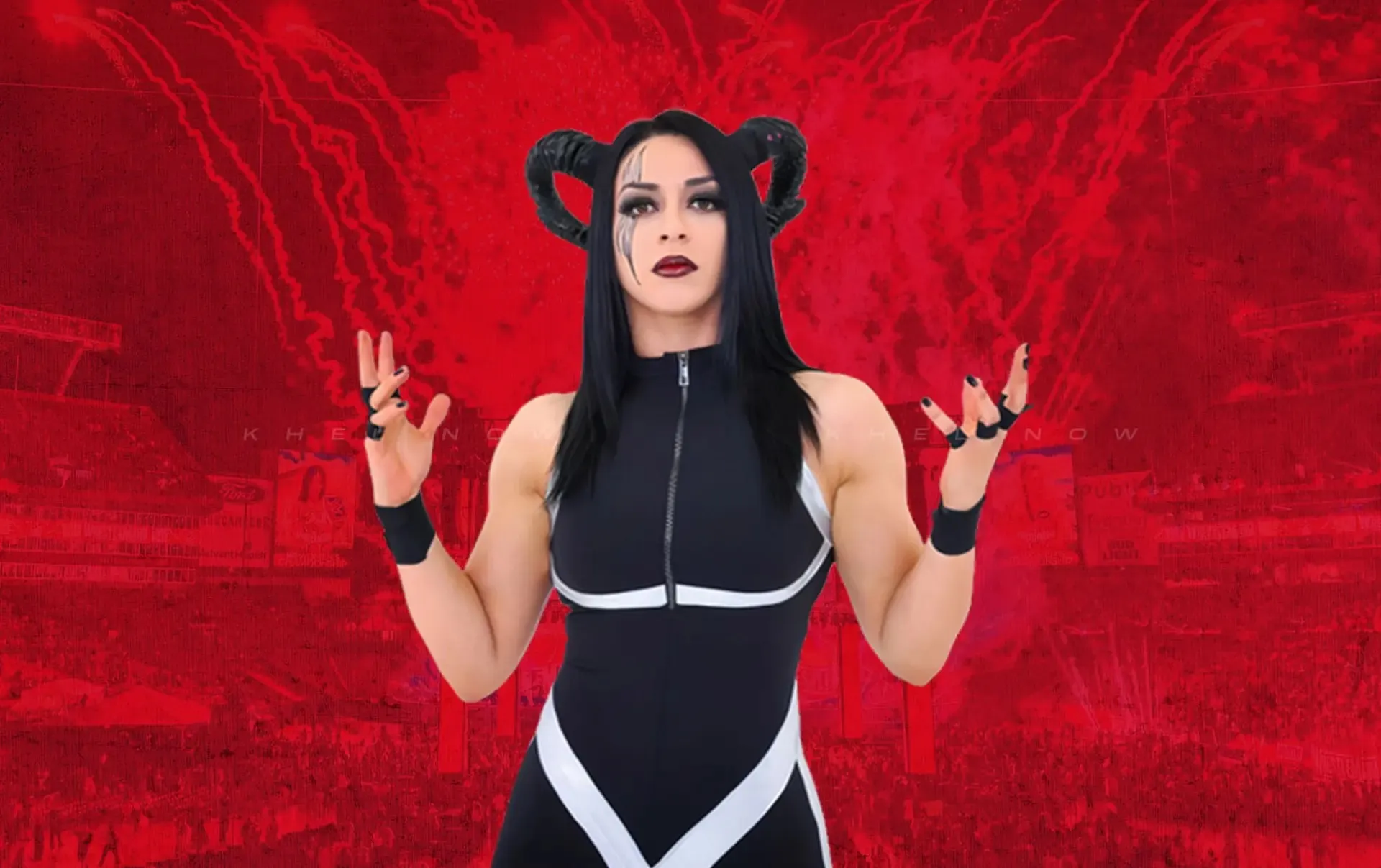
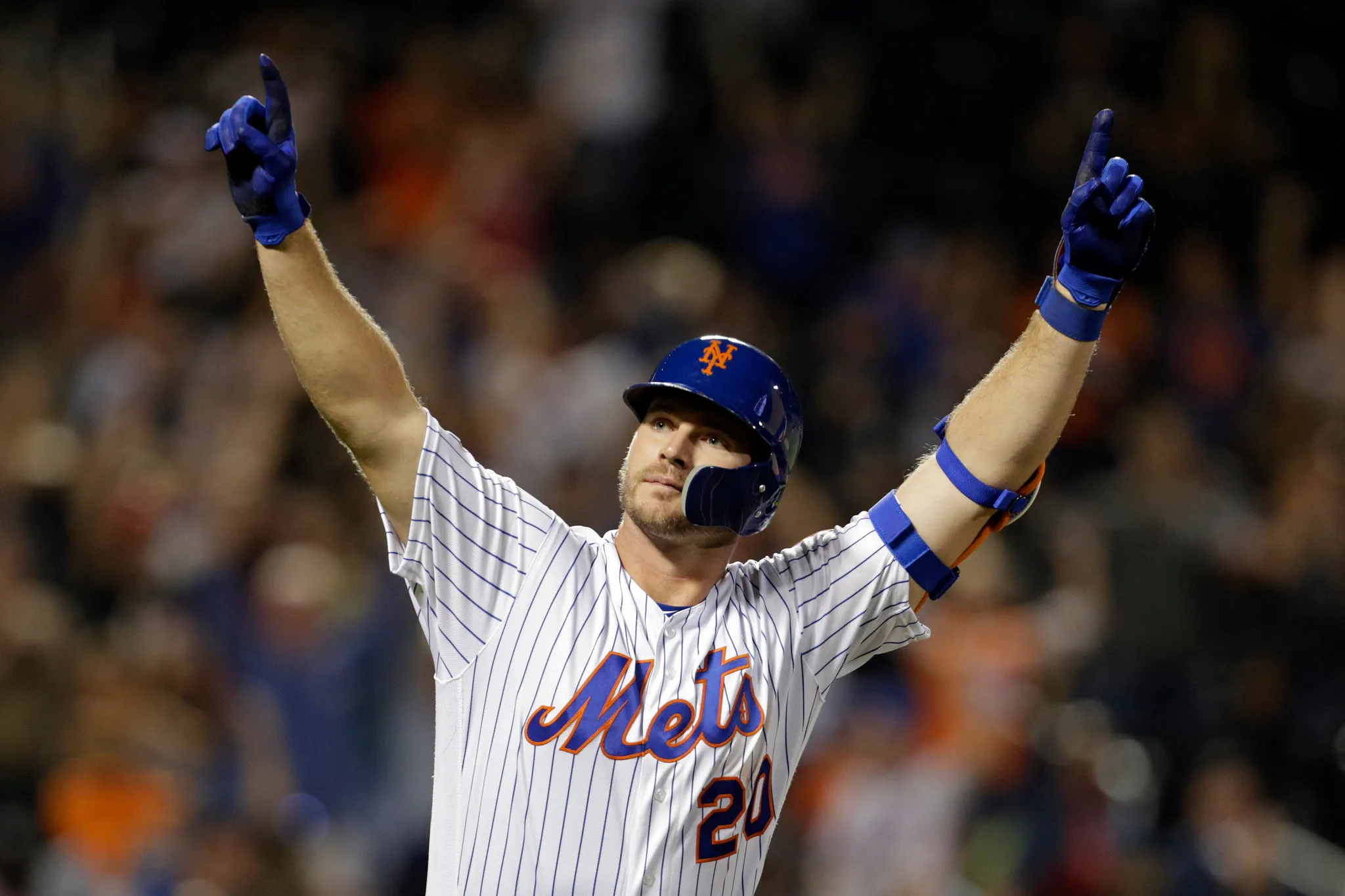
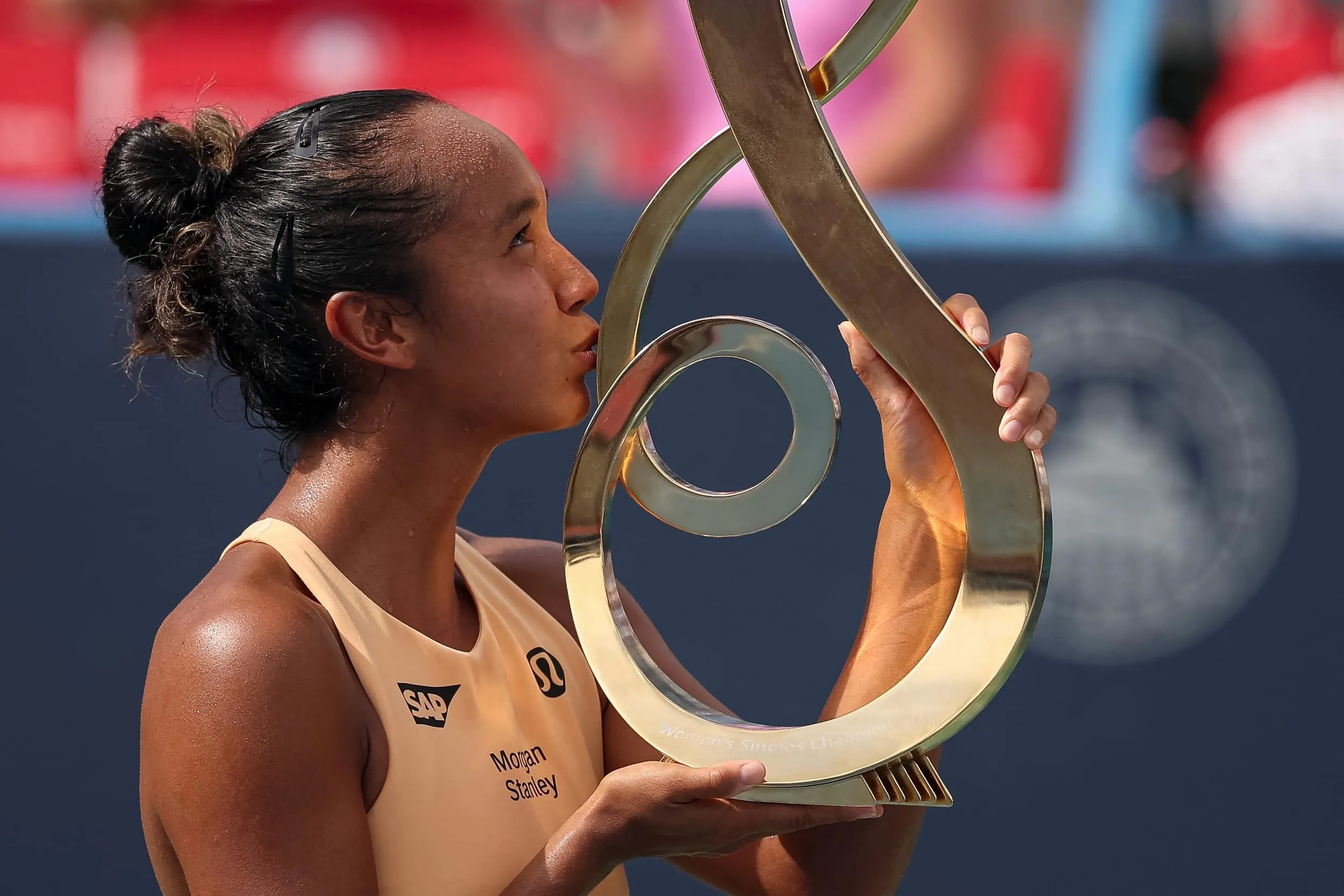
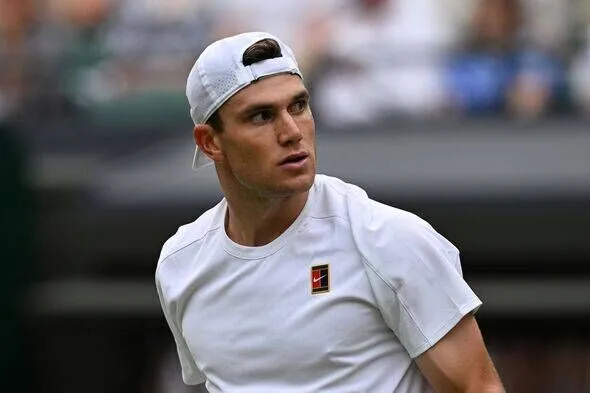
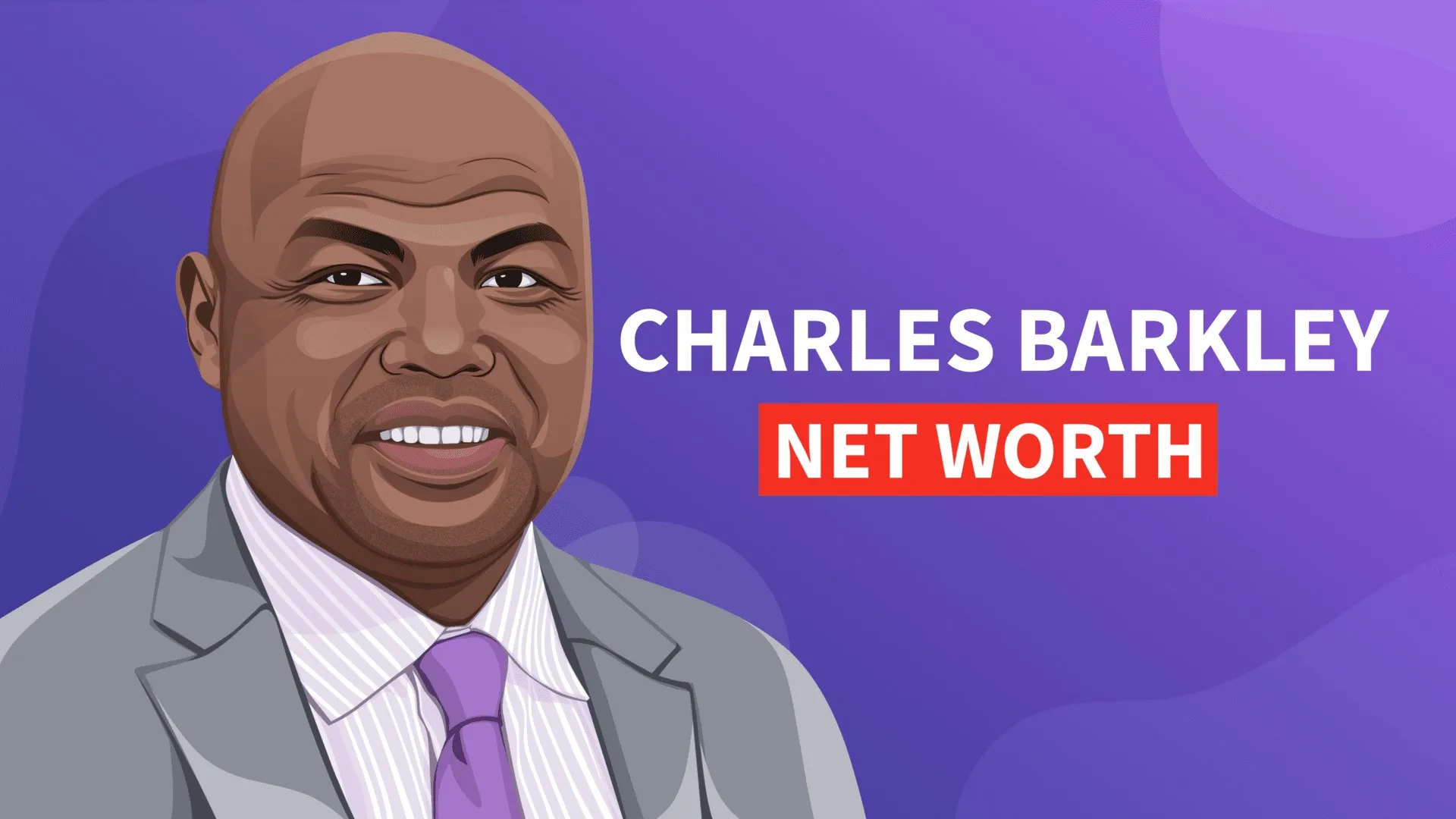
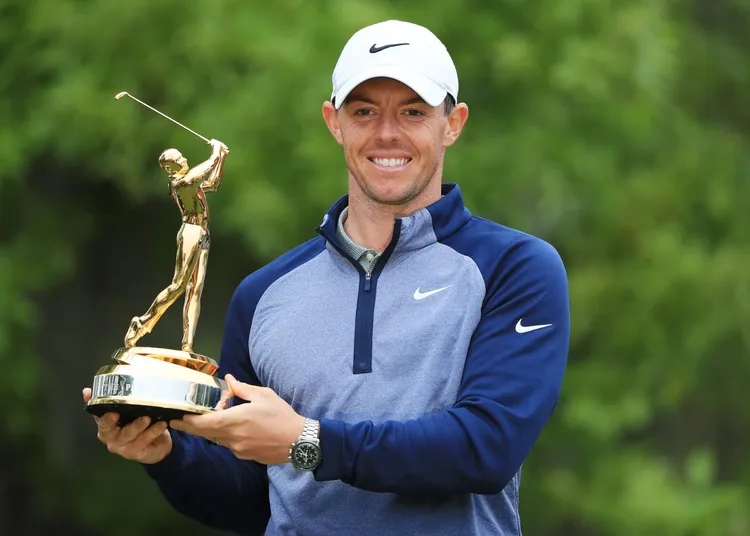

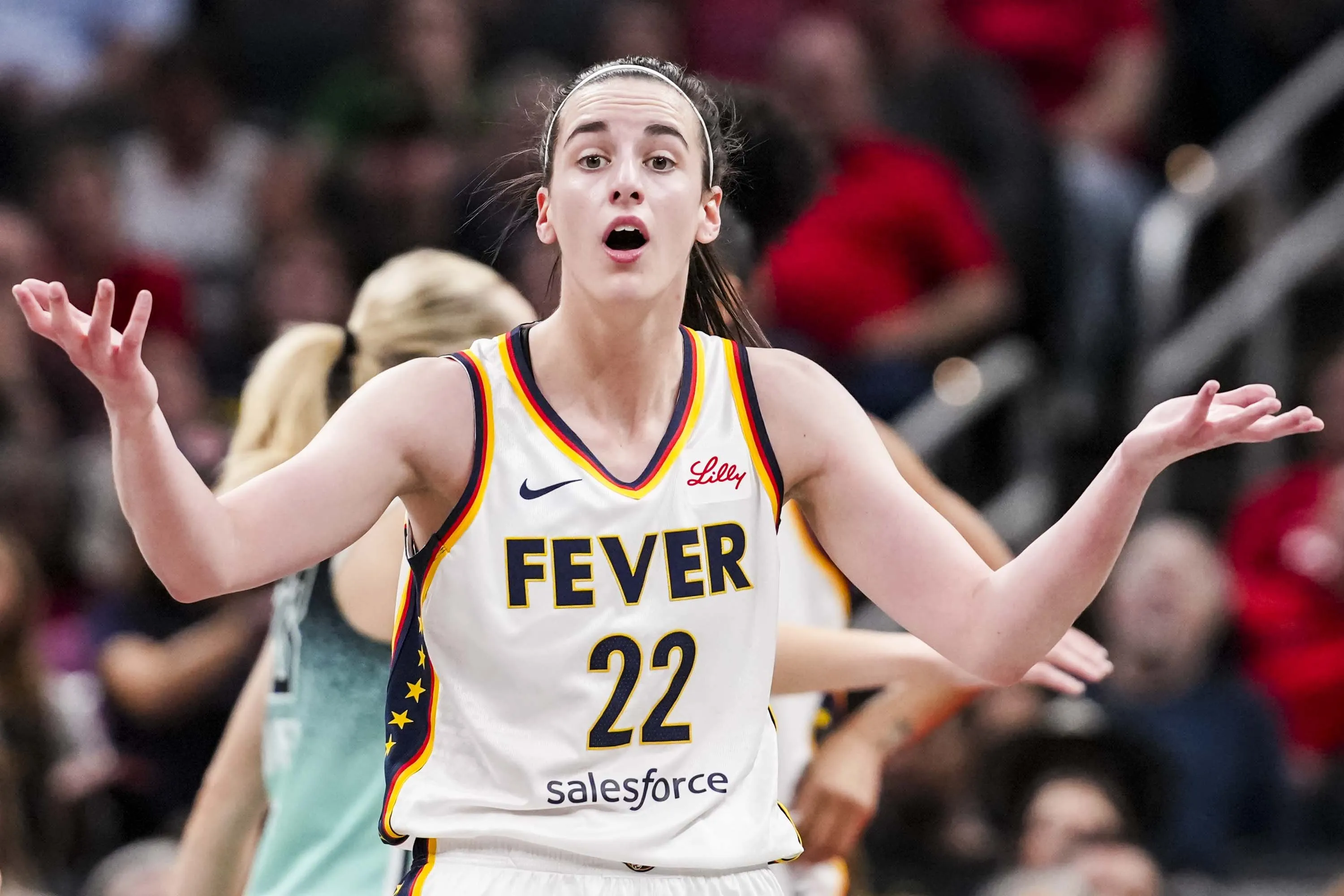
Nguyen Hoai Thanh
Nguyen Hoai Thanh is the Founder and CEO of Metaconex. With 12 years of experience in developing websites, applications and digital media, Nguyen Hoai Thanh has many stories and experiences of success to share.